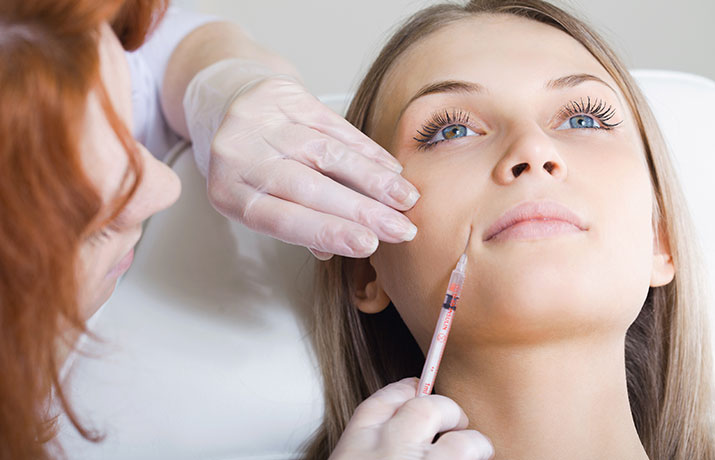Keywords: cluster headache; sleep apnea; blood pressure dip; 24-hour blood pressure; circadian pattern; hypertension
Sonia Santos Lasaosa MD, Jorge Navarro Calzada MD, Alba Velázquez Benito MD, Cristina Pérez Lázaro MD
Article first published online: 29 AUG 2011
DOI: 10.1111/j.1526-4610.2011.01991.x
Background.— It has been proposed that desaturation of oxygen during an apnea event is the trigger for cluster headache. Obstructive sleep apnea has been associated with a higher than normal cardiovascular morbidity and mortality. Some obstructive sleep apnea syndrome patients lack the sleep-related, nocturnal decrease, or “dip” in blood pressure, which is seen in normal individuals.
Objective.— The aim of this study is to assess whether this non-dipper pattern is present in cluster headache patients.
Design and Methods.— A total of 30 normotensive cluster headache patients underwent an ambulatory blood pressure monitoring. “Non dippers” were defined as patients with a nighttime mean blood pressure fall <10%.
Results.— Fifteen cluster headache patients (50%) were non-dippers, a frequency higher than expected. The pattern of nocturnal non-dipping is associated with a higher body mass index. Non-dipper patients displayed higher mean nighttime systolic and diastolic blood pressure. No significant difference was observed in the mean 24-hour and daytime blood pressure.
Conclusions.— The high incidence (50%) of non-dipper pattern in both processes, cluster headache and obstructive sleep apnea syndrome, provides support for the hypothesis of a relationship between theses 2 disorders.
As indicated in this study, sleep apnea, high blood pressure and headache can all be interrelated. Treating your obstructive sleep apnea can help lower your blood pressure and relieve related headaches. Dr. Farrell is a member of the American Academy of Dental Sleep Medicine and Board Certified in Orofacial Pain. The type of appliance used and the skill of the practitioner fabricating, fitting and adjusting the appliance ultimately determine its success. www.headpaininstitute.com

